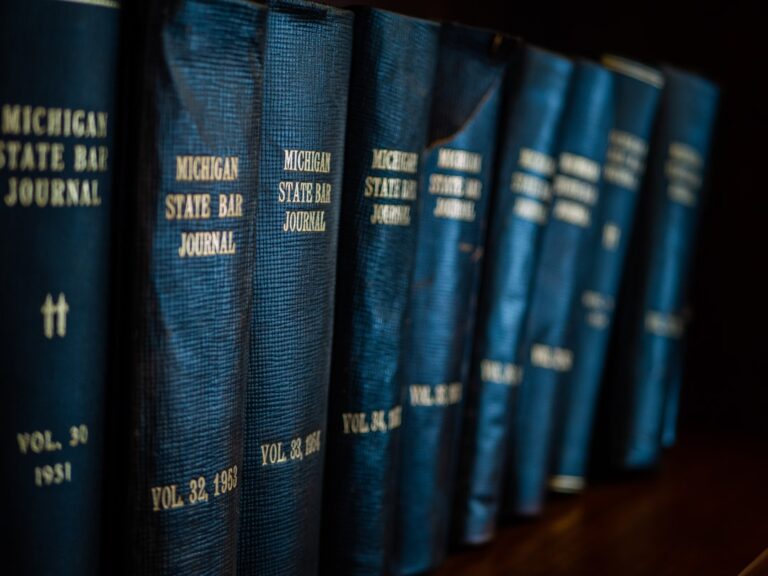Rape lawyers in Austin, TX navigate complex legalities around recorded phone calls as evidence in sexual assault cases. They ensure admissibility under state laws, weighing probative value against potential harm, while adhering to Fourth Amendment protections and privacy rights. Consent is key, with records made with victim consent enhancing admissibility. These experts safeguard victims' rights and secure fair trials through proper handling of crucial recordings.
In Austin, Texas, understanding the admissibility of recorded phone calls is crucial in sexual assault cases. This article explores the legal landscape surrounding these recordings, delving into state standards and their specific application to rape accusations. With a focus on evidence rules, it highlights the strategic role of experienced rape lawyers Austin TX in navigating these complexities, ensuring fair trials for all parties involved. Key considerations include consent, privacy, and the chain of custody, shaping the admissibility of phone call recordings as powerful pieces of evidence.
Understanding Admissibility Standards in Texas

In Austin, Texas, the admissibility of recorded phone calls in sexual assault cases is governed by strict legal standards. Under Texas law, evidence is generally admissible if it is relevant and not unduly prejudicial. When it comes to recorded conversations, particularly those involving sensitive matters like sexual assaults, the court must balance the probative value against the potential for harm or confusion. This means that rape lawyers in Austin TX will often scrutinize the process by which a recording was obtained to ensure it complies with legal requirements.
The admissibility of such evidence also depends on whether the person whose voice is recorded has consented to its use. Texas recognizes both express and implied consent, with implications varying based on the context. For instance, a victim’s consent for a call to be recorded during an initial report or counseling session could significantly strengthen its admissibility in court, whereas unauthorized recordings could face legal challenges.
Legal Considerations for Recorded Calls in Sexual Assault Cases

In Austin, Texas, the admissibility of recorded phone calls in sexual assault cases is a complex legal issue. Rape lawyers in Austin TX often navigate these waters, understanding the delicate balance between protecting evidence and ensuring a fair trial. State laws and court precedents guide the process, with strict guidelines on when such recordings can be used as evidence. The primary concern revolves around the Fourth Amendment’s protection against unreasonable searches and seizures, as well as the right to privacy.
Recorded calls must meet specific criteria to be admissible. For instance, they should not be obtained through illegal means or without the consent of at least one party involved in the conversation. In sexual assault cases, where victims may be hesitant to testify, recorded calls could serve as crucial evidence. However, rape lawyers Austin TX will scrutinize the circumstances under which these recordings were made to challenge their admissibility and protect their clients’ rights.
The Role of Rape Lawyers Austin TX: Navigating Evidence Rules

In Austin sexual assault cases, the role of rape lawyers is pivotal in navigating complex evidence rules and ensuring justice for victims. These legal experts possess a deep understanding of state laws and procedural guidelines pertaining to admissible evidence. One significant aspect they master is the handling of recorded phone calls, which can serve as crucial evidence in court.
Rape lawyers Austin TX are well-versed in the rules governing the use of such recordings, including when they can be admitted as proof. They know how to authenticate and lay a proper foundation for these records, ensuring their admissibility while protecting the rights of both the victim and the accused. This meticulous approach is essential to present a compelling case and secure a fair outcome in court.






